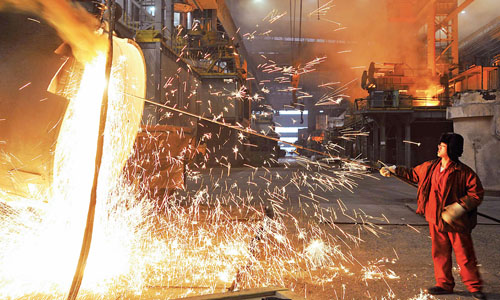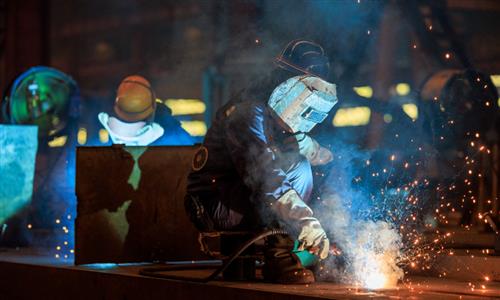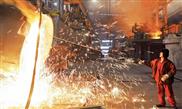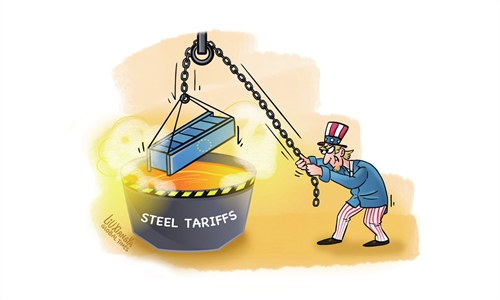EU’s planned anti-subsidy investigations to have limited impact on China’s steel sector: experts

steelmaking
The EU's planned anti-subsidy investigations into steelmakers, a move that is widely seen as targeting China as part of efforts to ink a deal with the US, will have a limited impact on the Chinese steelmaking industry given the reduced exports of Chinese-made steel items to the bloc due to the latter's protectionist measures, experts said.
The comment came after the Financial Times reported on Tuesday that the EU plans to announce probes into Chinese steelmakers when US President Joe Biden hosts European Commission President Ursula von der Leyen and European Council President Charles Michel on October 20. EU officials said the planned move was not limited to China.
The EU has already put in place punitive tariffs on 20 Chinese steel and stainless steel items and has set import quotas. At the end of 2021, the EU imposed tariffs on imports of steel towers used for wind turbines from China following an investigation.
Wang Guoqing, research director at Beijing Lange Steel Information Research Center, told the Global Times on Wednesday that the tariff measures against Chinese-made steel are actually protectionist moves to protect local industry, which is likely to trigger certain countermeasures from China.
"The trend could also reflect that steel industries in both the EU and the US are finding it more difficult to maintain their strength amid intensifying global competition," Wang noted.
In fact, China's steel exports to Europe have been on a downward trend since 2015 when the figure hit a record high.
In 2021, the quantity of China's shipments of finished steel products to the EU slid to 23 percent of the peak level in 2015, according to EU steelmakers' federation Eurofer.
"Given this, additional tariffs would not cause a major impact since the export volume has fallen so low," Wang noted.
Excess steel capacity is a global issue, rather than being exclusive to China, and the continuous efforts by the world's second-largest economy in recent years to cut steel production should not be neglected, according to the expert.
China, which accounts for over 50 percent of the globe's steel capacity and production, has seen a decline in its steel output in recent years to a level just above 1 billion tons.
Dong Yifan, a research fellow with the Institute of European Studies under the China Institutes of Contemporary International Relations, told the Global Times on Wednesday that the problems faced by European and American steel and aluminum sectors are caused by their own backward development, which has nothing to do with China.
"The essence of the EU's planned investigations is trade protectionism, even mixed with politicized and pan-security thinking. It will undermine the normal order of international free trade and promote development in a more fragmented and camp-oriented direction," Dong said.
The EU announced in September a formal anti-subsidy investigation into China-made electric vehicles (EVs), which industry analysts said could escalate into a "trade war" against China's EV industry.
The China Passenger Car Association, a major industry body, said on Wednesday that it firmly opposes the EU's move to launch an anti-subsidy probe into Chinese EVs, noting that the decision is groundless and violates WTO rules.



